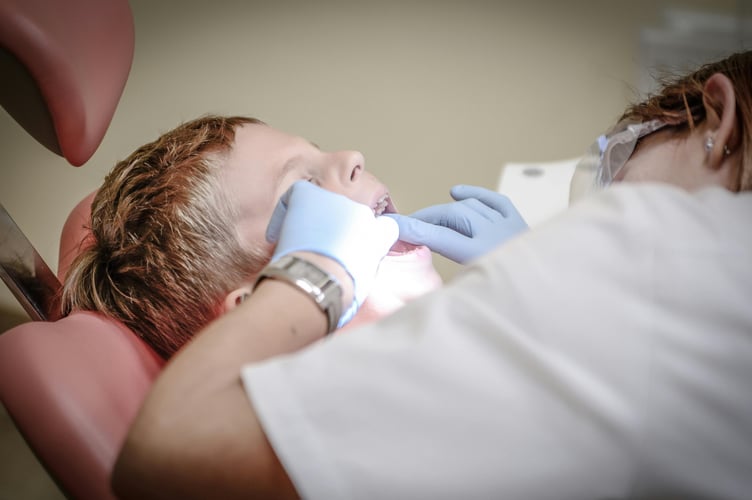If you read that pliers and superglue were being applied to teeth, you would be forgiven for thinking that it’s some sort of torture being inflicted in the jail of a third world nation.
It’s not. It’s Wales. And it’s some of the desperate lengths the people of this region are going to to get pain relief for their teeth. What’s more, it’s a damning indictment of the state of dentistry being provided by the NHS.
It is simply shocking.
We could fill the pages of this publication with individual horror stories of waiting years for an appointment, travelling miles for an emergency, going bankrupt at the price of private care, and simply giving up. Or picking up the pliers and reaching for the superglue. Or a cheap flight to Hungary or Turkey.
But there is some relief on the horizon — within the next seven years or so. Or about as long as you’d wait for a dental appointment on the NHS.
This month, Aberystwyth and Bangor University’s announced they had teamed up to create plans for a new dental school, focusing on the needs of primary and community dental care across rural and semi-rural Wales.
The school would benefit from Bangor’s portfolio of health and dental programmes and Aberystwyth’s expertise in nursing education and rural healthcare.
The idea is that more newly qualified dentists coming out of mid Wales will mean more dentists staying in the area – as Ceredigion Preseli MP Ben Lake testifies, “evidence shows a strong link between the place where students train and the place they choose to practice”.
And this summer, the first nurses from Aberystwyth University’s 2022-launched nursing programme graduated, with over half going into Bronglais and Glangwili Hospital’s, or district or practice nursing within Hywel Dda University Health Board.
When up and running, the new school should ease the issue of declining numbers of dentists serving the nation. In 2023-24 there were 415 NHS dental practices in Wales, mostly clustered to south Wales. In that year, 1,398 dentists treated NHS patients in Wales – a 2.6 per cent decrease from the previous year, and a 2.8 per cent decrease from 10 years ago.
So long-term relief is on the way. Pass the pliers!





Comments
This article has no comments yet. Be the first to leave a comment.